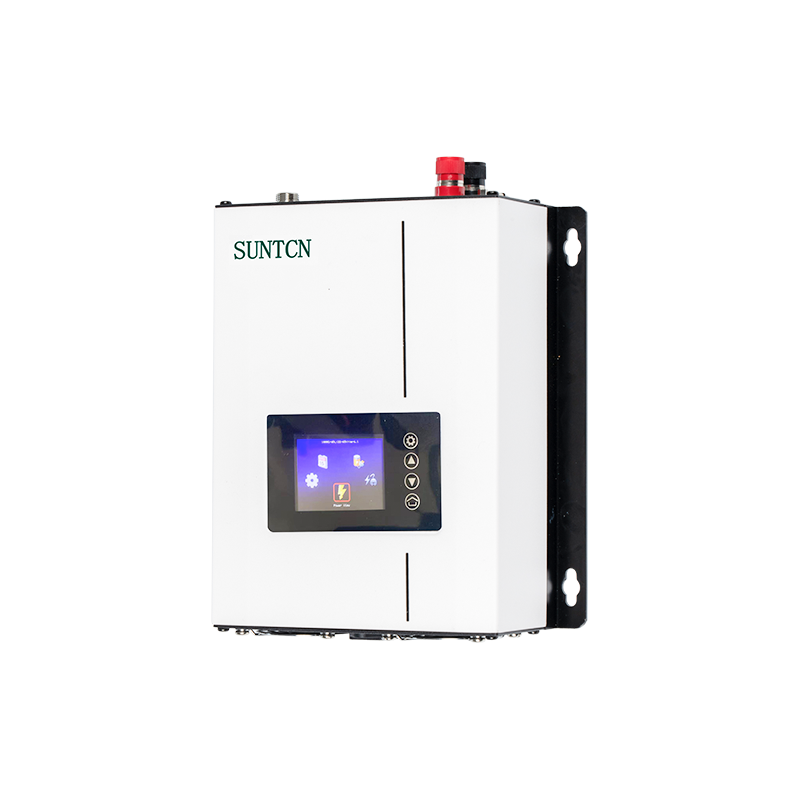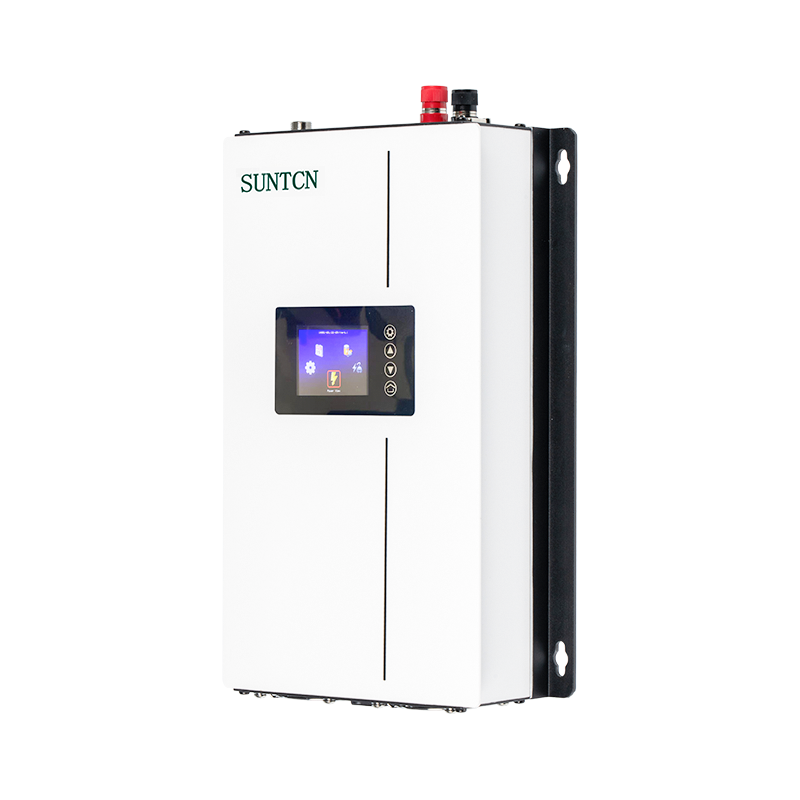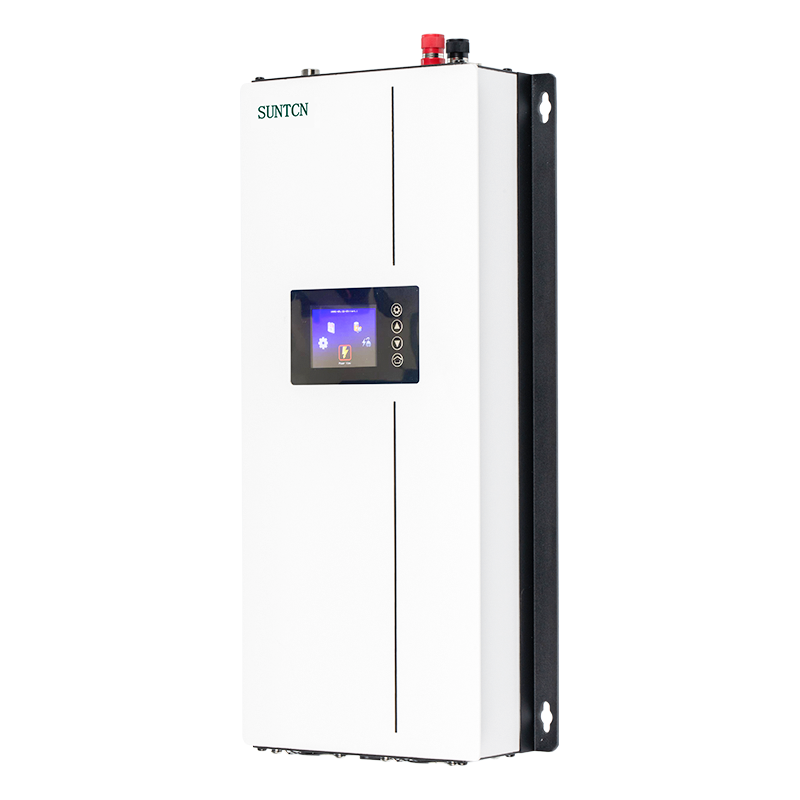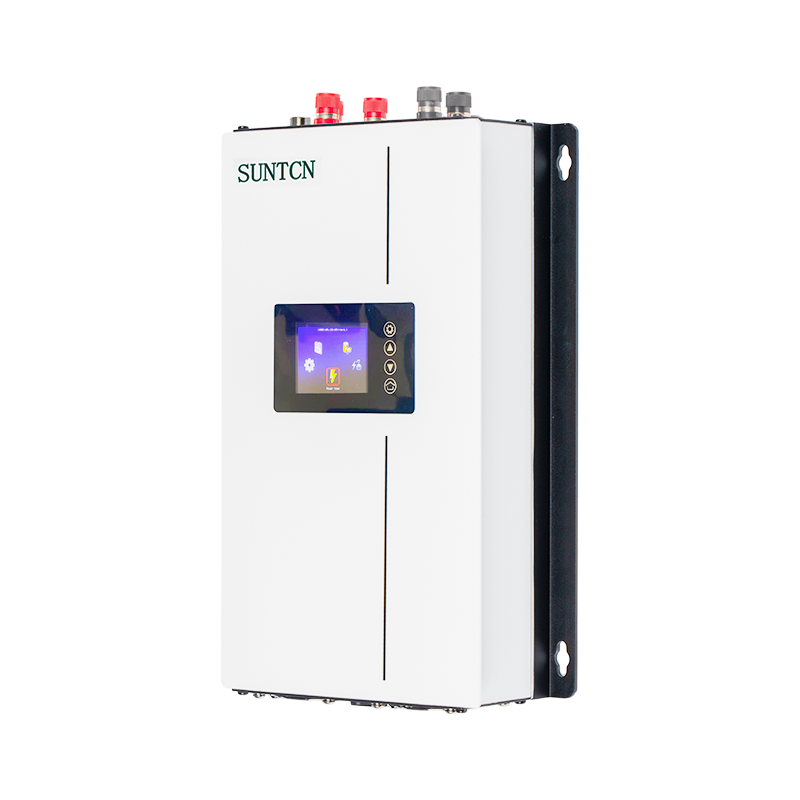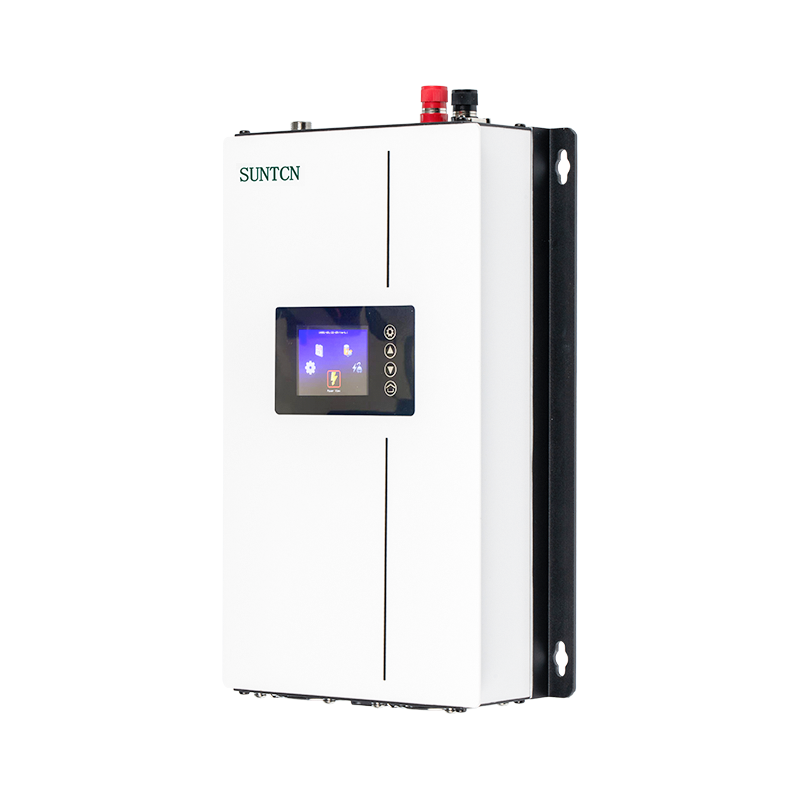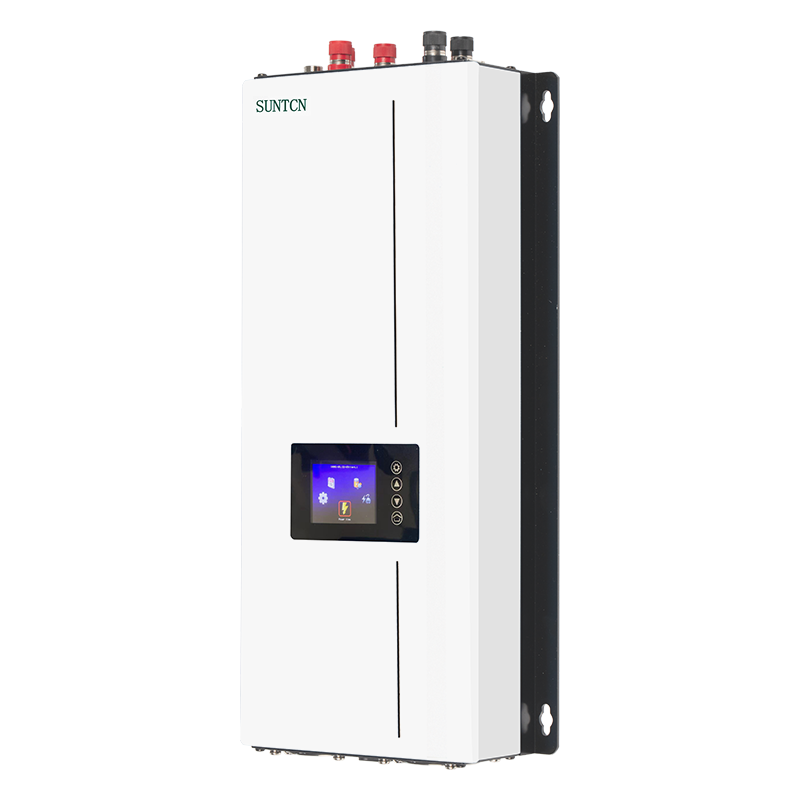With the rapid development of renewable energy technology, home photovoltaic power generation systems have become increasingly popular, and more and more families are beginning to pay attention to how to efficiently use solar energy and achieve self-sufficiency in electricity. In this context, single-phase hybrid inverters, as a smart power conversion device that integrates multiple functions, are becoming a core component in home energy management systems.
Single-phase hybrid inverters are mainly used to convert direct current (DC) generated by solar panels into alternating current (AC) that can be used by home appliances. At the same time, they can also manage the charging and discharging of energy storage batteries to achieve intelligent scheduling between solar power generation, storage and electricity consumption. Compared with traditional grid-connected inverters, the biggest advantage of hybrid inverters is their "off-grid + grid-connected" dual-mode operation capability. They can be connected to the grid to use city power, and can also be independently powered when power outages or when needed, to ensure the continuity and stability of home power supply.
This type of inverter is particularly suitable for small and medium-sized residential photovoltaic systems, especially in areas with unstable grids or high electricity prices. Users can store solar power during the day and use it at night or during peak hours, thereby effectively reducing electricity bills and improving energy utilization. In addition, some high-end models also support remote monitoring and intelligent control functions. Users can view power generation, power consumption and battery status in real time through mobile phone apps to achieve more refined energy management.
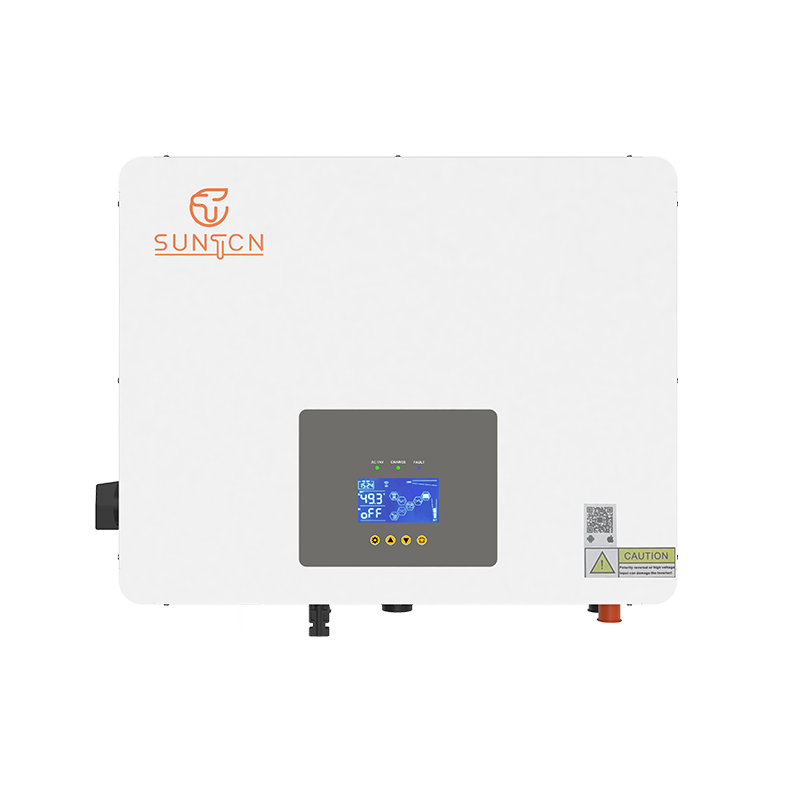
From the perspective of technical structure, single-phase hybrid inverters usually have MPPT (maximum power point tracking) function, which can automatically optimize the working efficiency of photovoltaic modules and ensure the capture of solar energy resources. At the same time, it also supports a variety of battery types, such as lead-acid batteries, lithium-ion batteries, etc., with strong adaptability, which is convenient for users to flexibly configure energy storage solutions according to their own needs.
Single-phase hybrid inverters not only improve the intelligence level of home photovoltaic power generation systems, but also provide users with more economical and environmentally friendly energy solutions. Driven by the future energy structure transformation and carbon neutrality goals, this multifunctional integrated inverter will play an increasingly important role in home energy management.

